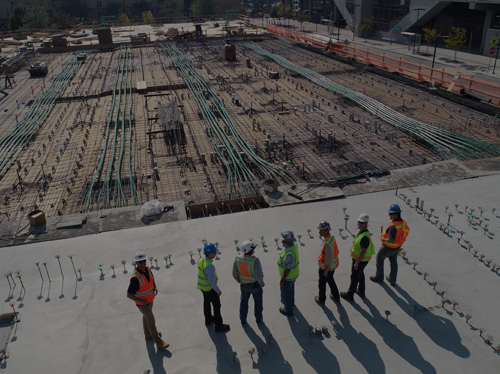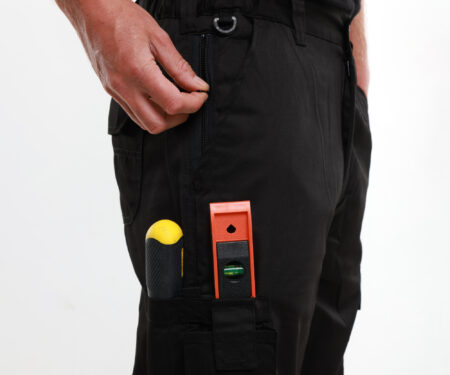Making sure our homes are the ideal retreat has never been more crucial. But what happens when you simply can’t locate the ideal house in the ideal location that checks all the appropriate boxes and has a price tag that is within your means?
Of course, you can also design and build your own perfect home, which frequently ends up being less expensive. But how much would this truly cost, and how do you budget for it?
When considering the price of building your own house in the UK, the question undoubtedly comes to mind, but a fair estimate for constructing an ordinary 3-bedroom home of about 85 to 125 square metres in 2023 would be in the range of £250,000 to £380,000.
However, a number of factors, like the location of the land you build on, the size and complexity of the construction, its design, materials, and the interior fixtures and fittings you choose, will affect the overall cost you pay. For instance, depending on its size and the fittings you choose, a basic bathroom might cost anywhere between £1,500 to £3,500.
As a result, it is impossible to estimate your overall expenditures until you have all of this information and if you change your mind along the road, you might need to adjust your budget as you go. You should also, as a general guideline, reserve an additional 10-15% of the entire budget as a buffer for any unforeseen expenses.
Breaking down the costs when building your new home
Firstly, unless you already own the land, you will need to buy the land on which the property will be built. Currently, one acre of agricultural land costs between £11,000 and £25,000 on average. Since there is such a large geographical difference in residential land prices across the UK, it is challenging to anticipate an “average” value.
However, a real estate agent with experience in land sales would be able to give you a general idea of land pricing in your area and suggest a range of offers on various plots of land. If a guide price for a plot of land has not yet been established or you are making an offer to purchase land that is not currently for sale, many brokers and surveyors will also provide a valuation service.
Make sure that the land will allow you to construct the house you want before you purchase anything. You can apply for potential planning approval on land that you do not own, much like buying a home with the aim of expanding. In fact, it is strongly advised against this course of action to prevent costly disappointment in the future.
Don’t forget to confirm that the land you are buying is acceptable and authorised for residential use as well. In addition, you must ensure that you have the necessary approval to use the land for commercial purposes, or a combination of the two.
Choosing the right people for the job
To guarantee the land is legally yours and you can use it as intended, using a qualified specialist is essential, just as it would be if you were purchasing a ready-built home.
Your next major expense will be hiring an architect and a structural engineer, unless you have prior expertise designing and constructing homes from scratch. The cost of your professional service fees for your quantity surveyor, architect, and building engineer will typically be approximately 15-20% of the overall project cost, however this may vary depending on the size and scope of the build.
An architect can assist you conform to local planning authority requirements so that you can obtain planning permission and find qualified carpenters, builders, electricians, and a plumber. An architect will know the best resources to use and the type of property most suited for the location of your planned new house. It is important to do your research and make sure you obtain a variety of quotes and estimates from a wide variety of different tradesmen. Suggestions from friends or family are also really useful, so don’t be embarrassed to ask the owner of a recently constructed or currently under construction property that you like the appearance of which architects and builders they employed.
Usually, the cost of construction will vary on the materials required as well as the scale, design, and complexity of the structure, but it typically accounts for around 35% of the overall cost of your building project. Your designer and construction team will be able to provide you advice on the prices of your selected materials and also recommend less expensive solutions to get the same result while staying within your specified budget.
It’s also worth considering
While the majority of your budget will be consumed by the cost of the land, professional service costs, and the construction of your house, there are a few other costs that you will almost likely need to consider as well. Installation fees for utilities including electricity, gas, water, sewerage, and communications services, such as wifi and telephone lines. Demolition is required if there are any existing structures on the property that must be taken down before development on your new house can begin.






![clearpay1]](https://www.siteking.co.uk/wp-content/uploads/2023/03/clearpay1.jpg)








